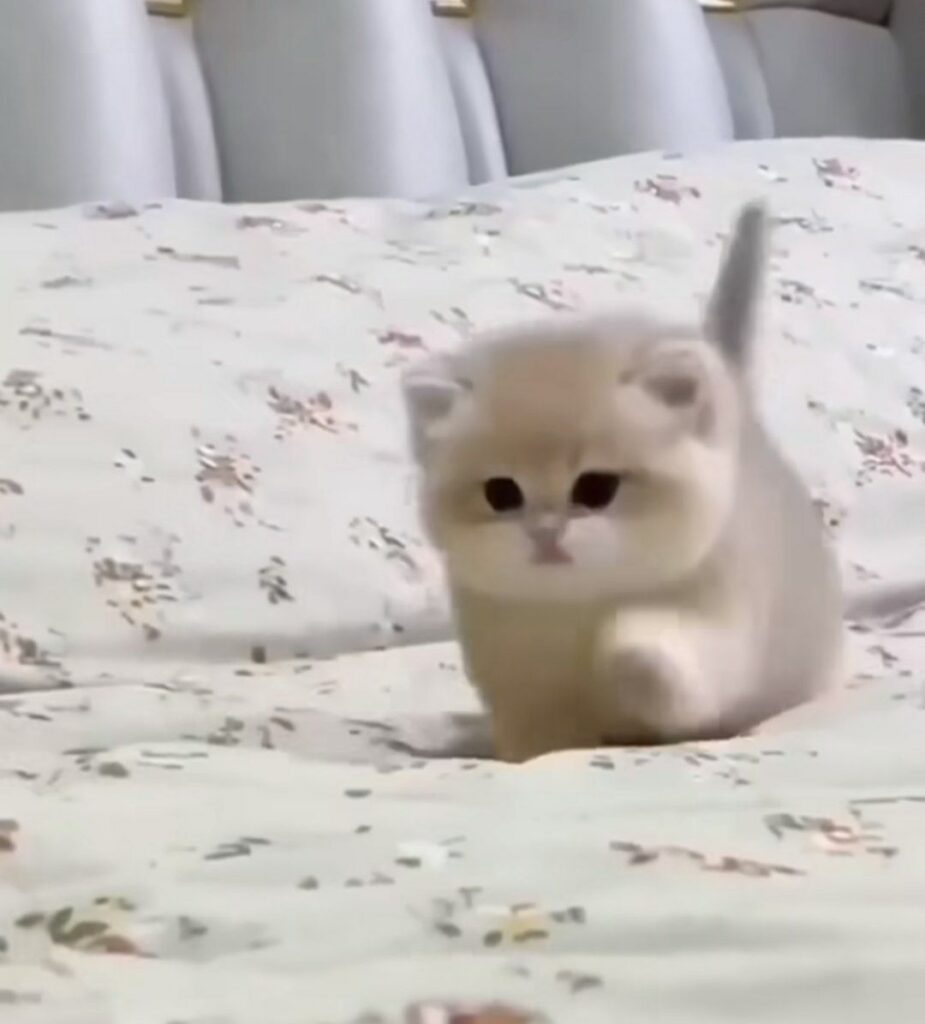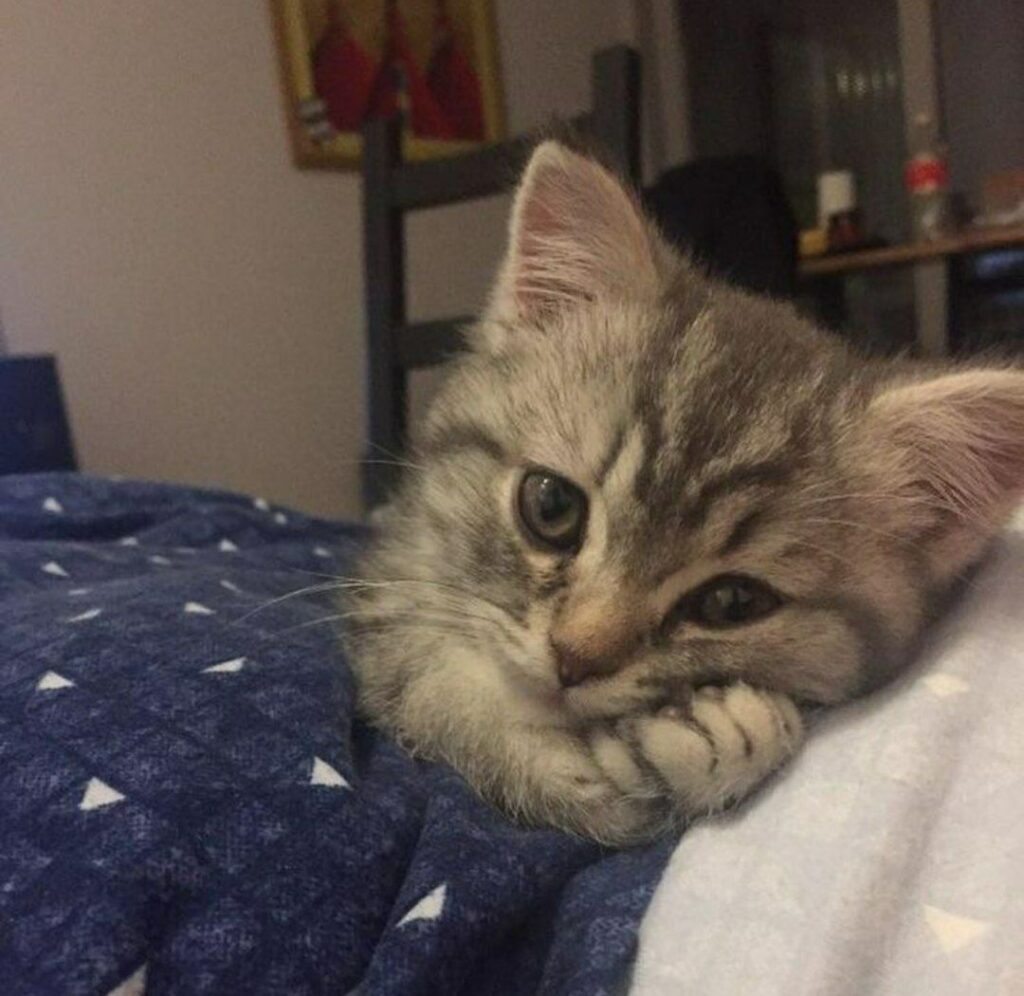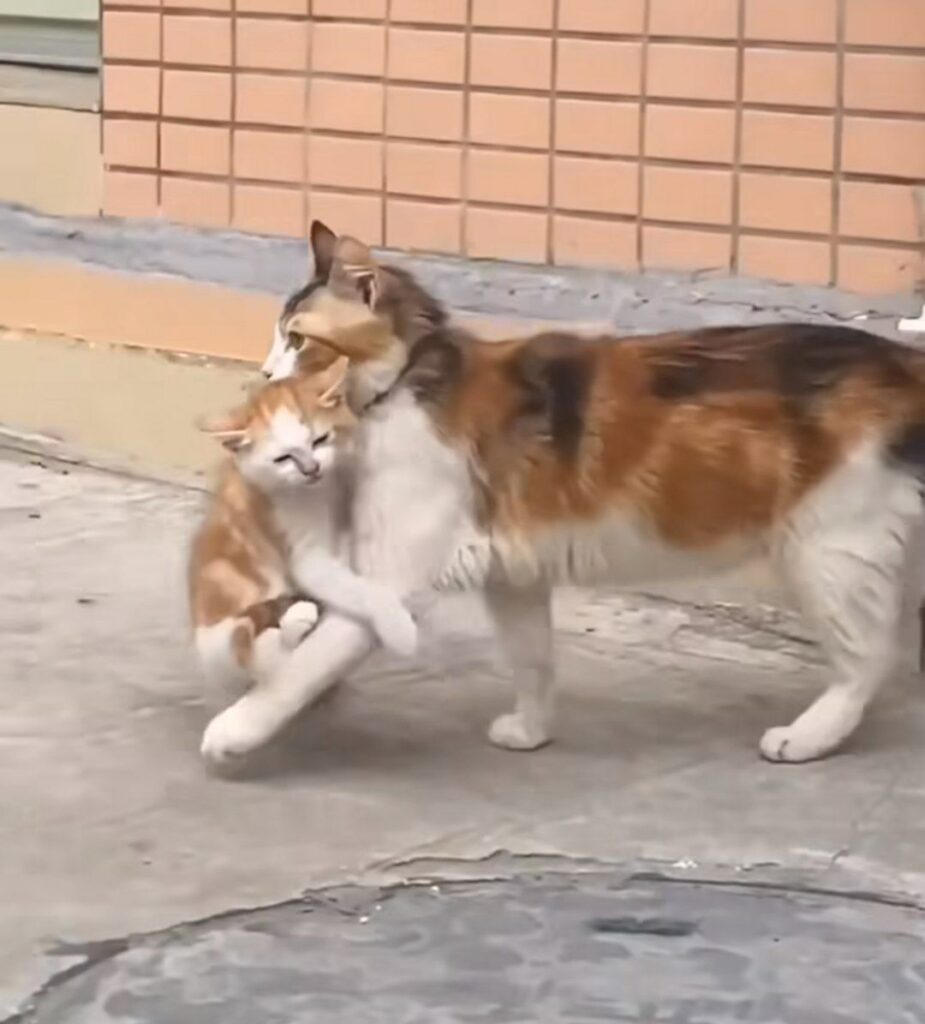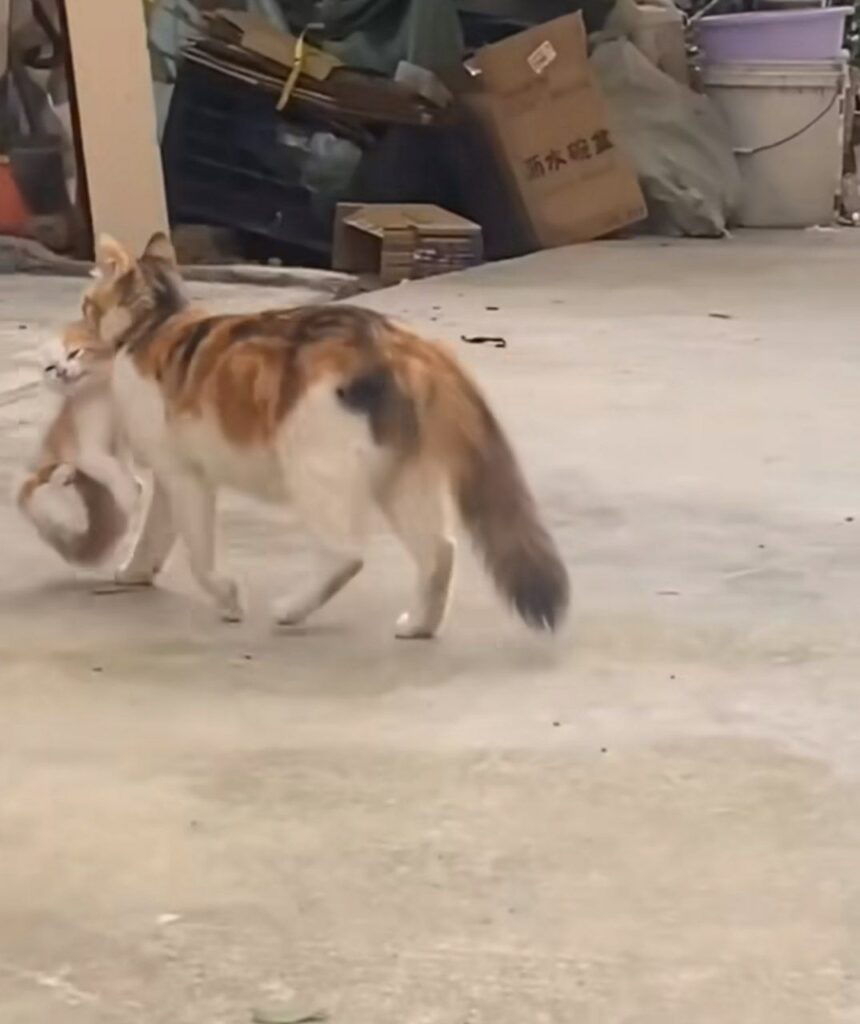A Guide To Kitten Obesity
A Comprehensive Guide to Kitten Obesity: Keeping Your Furry Friend Fit and Healthy
The first year of a kitten’s life is a whirlwind of growth. They transform from tiny, wobbly bundles of fur into playful, energetic explorers. This rapid development necessitates weight gain as their bones, muscles, and organs mature. However, just like with human babies, achieving the “right amount” of weight is crucial.
This guide delves into the world of kitten obesity, exploring its causes, potential health risks, and most importantly, how to prevent it. By understanding your kitten’s growth process and establishing healthy habits from the start, you can set them up for a lifetime of well-being.
Understanding Kitten Growth: A Delicate Balance
Kittens experience a period of exponential growth during their first year. Their tiny bodies are busy building a strong foundation:

- Skeletal Development: Cartilage gives way to strong, mineralized bones, providing the framework for their future size and movement.
- Muscle Building: Playful exploration translates to growing muscle mass, allowing for agility, strength, and coordination.
- Organ Formation: Vital organs like the heart, lungs, and digestive system grow rapidly to support their maturing bodies.
This growth spurt requires proper nutrition for fuel. Kittens have higher energy needs compared to adult cats, relying on calories to support these internal developments. As a result, weight gain during this period is expected and necessary.
The Perils of Excess: Why Kitten Obesity Matters
While weight gain is natural for growing kittens, exceeding healthy limits can have serious consequences. Here’s why kitten obesity is a concern:
- Increased Risk of Chronic Diseases: Obesity in adulthood is a significant risk factor for several feline health problems, including:
- Diabetes: Excess weight can lead to insulin resistance, making it difficult for the body to regulate blood sugar levels.
- Joint Problems: Carrying extra weight puts undue stress on developing joints, potentially leading to arthritis and other mobility issues later in life.
- Respiratory Difficulties: Overweight cats can struggle to breathe, especially during exercise or with respiratory illnesses.
- Liver Disease: Fatty liver disease, a potentially life-threatening condition, is more prevalent in obese cats.
- Reduced Activity Levels: Carrying extra weight can make even playful kittens less active, leading to a downward spiral of decreased calorie burning and further weight gain.
- Psychological Impact: Lethargy and difficulty moving can affect a cat’s mental well-being and overall quality of life.
- Complications During Pregnancy: Obese queens (female cats) may experience difficulties during pregnancy and childbirth.

Signs and Symptoms: Recognizing Kitten Obesity
Early detection of kitten obesity is crucial to prevent future health problems. Here are some signs to watch for:
- Body Condition Score: Regularly feel your kitten’s ribs. Ideally, you should be able to feel them with a slight fat covering. If the ribs are difficult to feel under a layer of fat, it might be a sign of excess weight.
- Visual Cues: Observe your kitten’s overall appearance. A rounded belly, a lack of definition between the waist and chest, and a widening around the neck are potential indicators of obesity.
- Reduced Activity Level: A noticeable decrease in playfulness, lethargy, and increased sleepiness can be signs of underlying health issues, including obesity.
- Difficulty Grooming: Overweight kittens might struggle to reach all areas of their body for self-grooming, leading to matted fur and potential skin problems.
Remember: Every kitten develops at a different pace. If you have any concerns about your kitten’s weight or growth pattern, consulting your veterinarian is always recommended.
Addressing the Causes: What Leads to Kitten Obesity?
Several factors can contribute to kitten obesity. Understanding these causes helps you create a preventative plan for your furry friend:
- Overfeeding: This is the most common culprit. Unrestricted access to food or exceeding recommended portion sizes can lead to excessive calorie intake.
- Lack of Exercise: Just like us, kittens need exercise to burn calories and maintain a healthy weight. Without regular playtime or opportunities to expend energy, weight gain becomes more likely.
- Breed Predisposition: Certain cat breeds like Persians and Maine Coons are naturally larger and more prone to weight gain. However, even these breeds require portion control and exercise for optimal health.
- Spaying or Neutering: While spaying or neutering is crucial for population control and overall feline health, it can also lead to a slight decrease in metabolism. Adjusting portion sizes after the procedure is essential to prevent weight gain.
- Underlying Medical Conditions: In some cases, medical conditions like hypothyroidism or Cushing’s syndrome can contribute to weight gain. Consulting your veterinarian can help rule out any underlying health issues.
Preventing Kitten Obesity: Setting the Stage for a Healthy Life (continued)
The good news is that kitten obesity is largely preventable! Here are some key strategies you can implement to keep your kitten at a healthy weight:
1. Portion Control is Key:
- Measure Food: Ditch the “free-feeding” approach. Instead, measure out your kitten’s daily food allowance using measuring cups or digital scales for accuracy. Refer to feeding guidelines on the kitten food packaging as a starting point, but always consult your veterinarian for personalized recommendations based on your kitten’s breed, age, and activity level.
- Divide and Conquer: Divide the measured daily portion into smaller, more frequent meals. Kittens are natural grazers, and feeding them multiple times a day caters to their instinctive eating habits and prevents overconsumption.
- Resist the Pleading: Kittens can be persistent beggars, but don’t give in to their every meow. Stick to the designated feeding schedule and avoid offering table scraps or human food. Remember, even small amounts of human food can represent a significant portion of their daily calorie needs.


2. Make Exercise a Habit:
- Playtime Power: Kittens are naturally energetic and playful. Engage them in daily playtime sessions with interactive toys like feather wands, catnip-filled mice, or balls. Short bursts of intense activity throughout the day are ideal for burning calories and promoting muscle development.
- Climbing Fun: Provide scratching posts and climbing structures that satisfy their natural instinct to climb and explore. This vertical space allows them to exercise, stretch, and release pent-up energy.
- Consider Catnip: Sprinkle a bit of catnip on toys or scratching posts to entice your kitten to play more actively. However, catnip’s effects wear off after a while, so rotate toys and activities to maintain their interest.
3. Regular Checkups with Your Veterinarian:
- Growth Monitoring: Schedule regular checkups with your veterinarian. These visits allow them to monitor your kitten’s weight gain and overall development. They can also offer guidance on adjusting portion sizes or exercise routines as your kitten grows.
- Dietary Guidance: Your veterinarian can recommend the most appropriate type of food for your kitten’s specific needs. Kitten food is formulated with higher levels of protein and nutrients to support their growth spurt. They can also advise on transitioning to adult cat food when the time comes.
- Early Detection: If your veterinarian detects signs of even mild obesity, they can help you create a weight management plan to prevent further weight gain and potential health problems.
4. Working with Your Family:
- Consistency is Key: Ensure everyone in your household follows the same feeding and exercise routines. This consistency helps prevent overfeeding or mixed messages for your kitten.
- Family Playtime: Encourage family involvement in playtime sessions with your kitten. This strengthens the bond between your family and your furry friend while providing them with fun and exercise.
5. Celebrate Progress, Not Perfection:
- Realistic Expectations: Remember, kittens grow at their own pace. Focus on creating healthy habits and track your kitten’s progress over time.
- Positive Reinforcement: Reward your kitten for engaging in playtime or using scratching posts instead of furniture with praise or healthy treats.
- Seek Help: If you’re struggling to manage your kitten’s weight, don’t hesitate to consult your veterinarian or a certified animal behaviorist for further guidance and support.
Remember: By establishing healthy habits from the start, providing proper nutrition, and encouraging regular exercise, you can help your kitten maintain a healthy weight and set them up for a long, happy, and active life.

